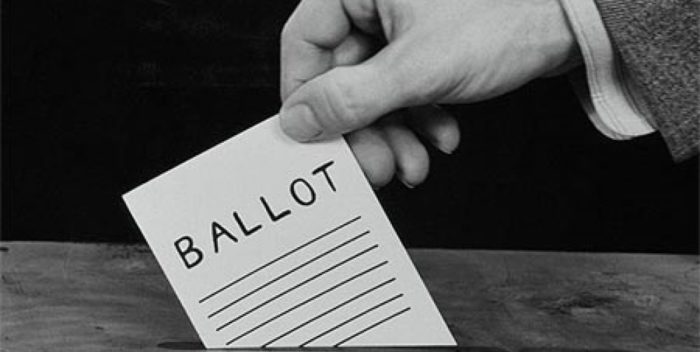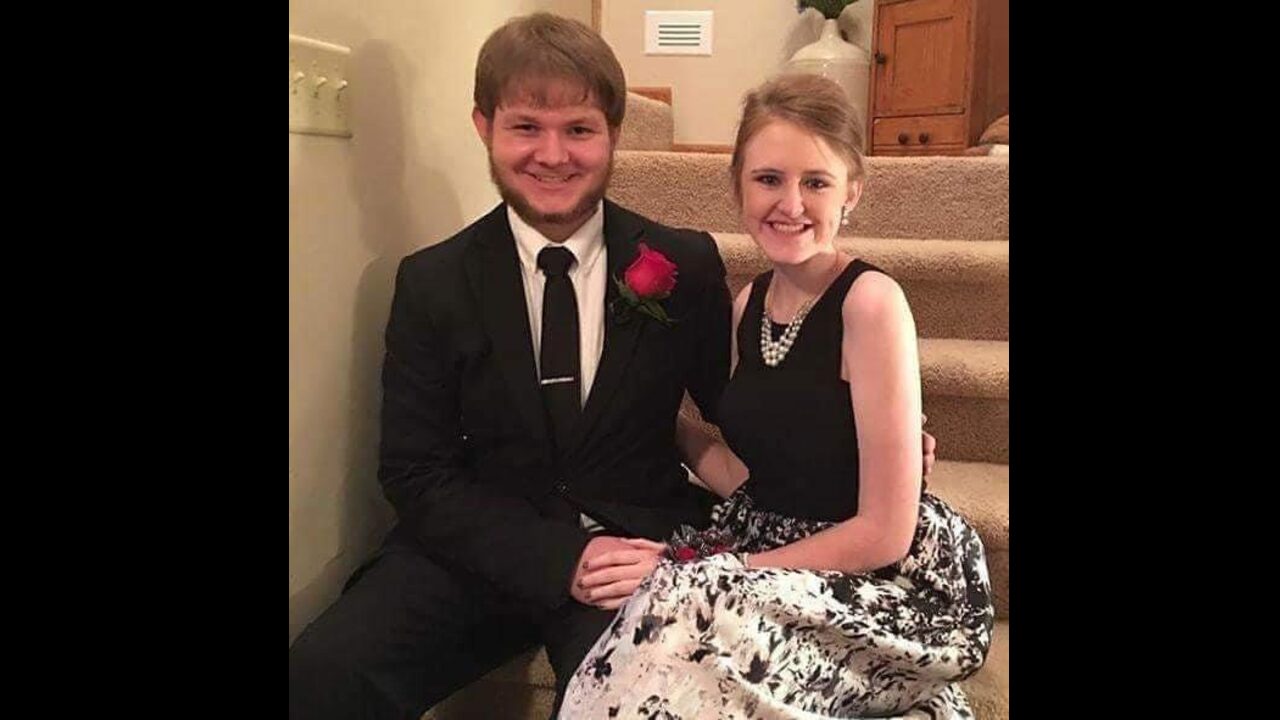Voter Fraud in American Elections
by Angela Bell
Voter fraud has always been a lingering factor in elections, so speculation of it in this year’s presidential bid is no news. However, many cases of such fraudulence have recently come under investigation in several states already, raising many eyebrows. Will it have an effect on the result of this year’s crucial election?
Electoral fraud is the illegal interference within the process of an election. This can include intimidation at the polls, improper ballot counting, impersonation, bribery, destroying already cast ballots and, most commonly, illegal voter registration.
The state of Indiana has recently launched a police investigation into the Indiana Voter Registration Project after they submitted over 1,000 suspicious registration forms. The forms lacked any sort of identification by means of state I.D., driver’s license number, or social security number and often had fake or inaccurate personal information.
The group behind the project, Patriot Majority USA, is run by former Bill Clinton staffer Craig Varoga. He is getting very much attention in the investigation and there is widespread speculation as to what he has to gain from his role in the fraudulence.
Just a few states over, Virginia is having many issues of its own. Virginia Voters Alliance and the Public Interest Legal Foundation jointly released research showing at least 1,046 non-citizens had registered to vote across eight counties.
“Virginia election officials don’t seem to care that thousands of aliens have corrupted their voter rolls,” former Department of Justice lawyer, J. Christian Adams, who helped lead the investigation said in an interview with Breitbart News.
Additionally in Virginia, a student from James Madison University admitted to submitting roughly 20 registration forms under the names of deceased people. The student worked at a voter registration service by the name of HarrisonburgVOTES, which is now under investigation.
While it may seem far out and rare for people to be voting under the aliases of someone who is dead, I have personally seen evidence of these concerns. While volunteering at the Republican Party Office in Sun City, Arizona this past summer, it became clear to me that this was indeed a problem. Sun City is a retirement community which means residents have to be at least 55 years of age. Disturbingly enough, there were a handful of residents would enter our office and offer concerns that their recently, or not recently, deceased neighbors and friends were “voting.”
In 2013, Democratic Virginia Attorney General Mark Herring narrowly defeated Republican Mark Obenshain by a margin of 165 votes. Clearly, electoral fraud can have a very real impact on elections. Many states have offered a potential solution of requiring some sort of identification from voters to register and cast ballots. Of course this can help minimize fraud on the basis of voters but will not make a dent in clerical errors, bribery and so forth.
While voter fraud may or may not make a difference in the result of this November’s election, it is definitely something worth talking about. The electoral process is a dignified and honorable procedure in our democratic republic and should be protected by all means.











